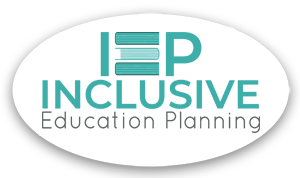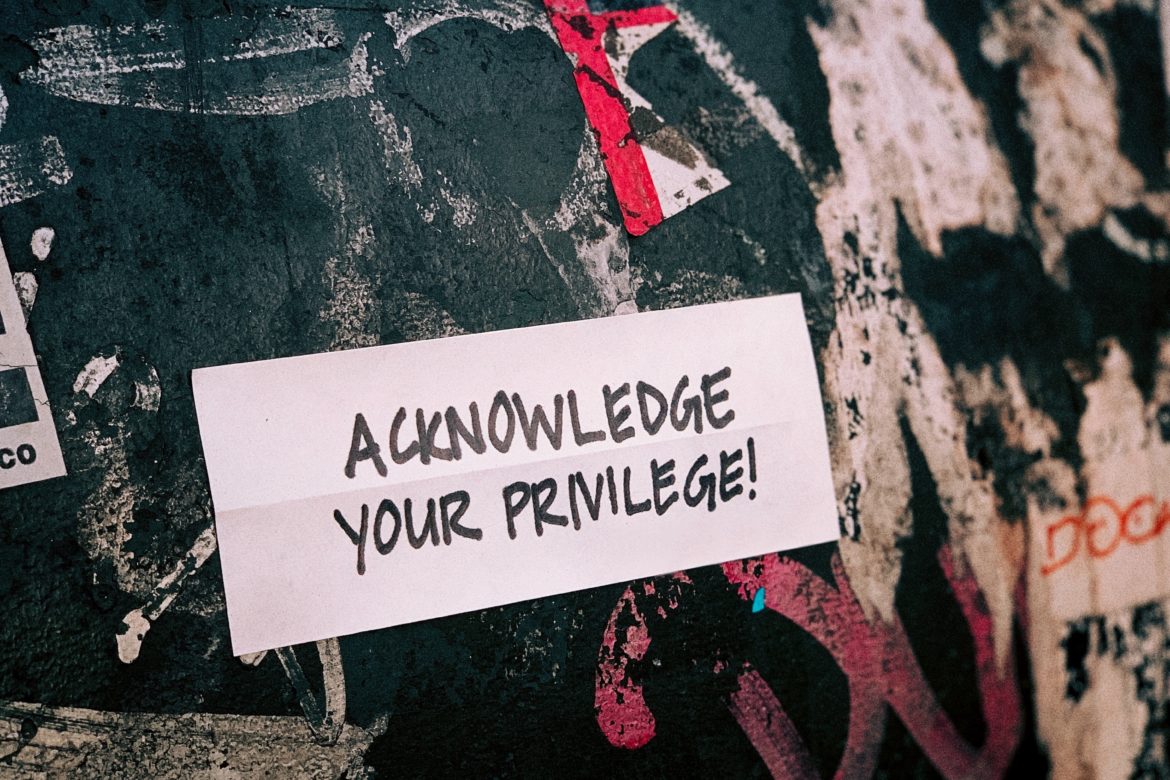There are many reasons for the enormous negativity toward teachers in Australia. These include media reports that Australian classrooms are among the most undisciplined in the world, alarming PISA and NAPLAN results as well as divisive debates on how to teach literacy. Amid this negativity, teachers of students with disability are arguably facing the most significant challenge in their careers.
The Royal Commission into the Abuse, Neglect and Exploitation of People with Disability began in September 2019 with the first week dedicated to the education of students with disability, with a focus on inclusive education. The Royal Commission explained the rationale for this focus in their Education and Learning Paper (2019 p.1) :
Education and learning is a key area of inquiry for the Royal Commission into Violence, Abuse, Neglect and Exploitation of People with Disability (the Royal Commission). It represents both a setting for violence, abuse, neglect and exploitation and an essential component of a society that seeks inclusion for people with disability.
The Royal Commission has heard horrific stories of abuse and neglect of students with disability occurring within educational settings. There will be many more stories to come. As these stories unfold, it will be extremely uncomfortable for teachers to come to terms with the reality of these events. Many will have a strong desire to ignore the facts and choose not to believe that abuse occurs within schools. This denial is because the majority of professional, hard-working, caring teachers find it unthinkable that one of their own has acted this way. With this mind-frame, it would be easy to become defensive and insist ‘This does not happen at my school’. But this is not helpful for open dialogue or moving toward a resolution. It also is not beneficial for students who experienced abuse and their families. As well, some teachers may feel tainted by association, especially those who teach in segregated settings where most of the abuse occurred. So, how can teachers of students with disability respond to potential criticism in a way that works toward strong, positive, respectful relationships with students, parents and the wider community?
Firstly, I suggest that we meet criticism by drawing on Rosenberg’s notion of nonviolent communication. This involves responding with compassion and acknowledgement. I have to admit that I have not always done this. At times I’ve rejected criticism of my fellow teachers. I’ve claimed that the abuse of students with disability are rare occurrences. This argument misses the point. Every student with disability will face discrimination and oppression at some point in their life. Abuse is the pointy end of discrimination. By not openly advocating for students with disability and standing with them and their families, I am perpetuating oppression. Even when criticism is overblown, angry or extreme, trying to understand the intent or underlying purposes, feelings and needs behind the message is the only way to move forward.
Secondly, we should seek to understand the lived experience of disability by listening to people with disability. We need to understand their knowledge of what works for them and what does not. We need to acknowledge that we do not see what they see because our privilege protects us. Recently I listened to a young man reflecting on his time at school. He shared how at the start of the new year his class was placed upstairs and, he had no access at all because of his physical disability. I find it extraordinary that the needs of this young man were callously disregarded. However, I assume this was not intentional, but rather the result of privilege because teachers never have to think about access for themselves and they simply forgot. Whatever the reason, it is totally unacceptable.
Awareness and appreciation of disability is a slow, iterative process where one understanding leads to another as long as we are open to seeing the world differently. We should use the criticism that comes from the Royal Commission to learn and improve our education system. Let us focus on listening to our students, and their families, about how they can be fully and safely, included in our classrooms.
Photo by Jon Tyson on Unsplash
.




